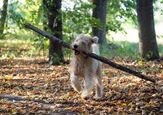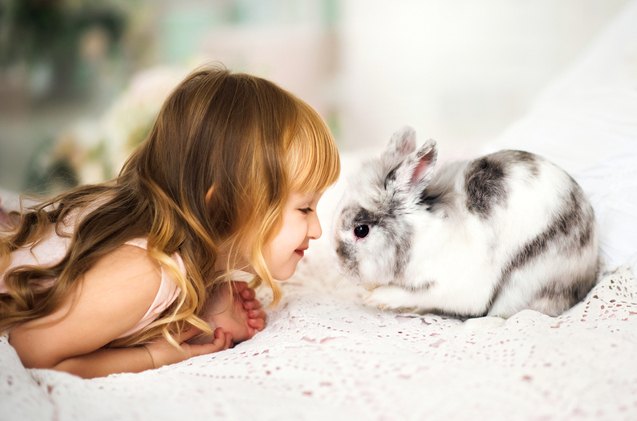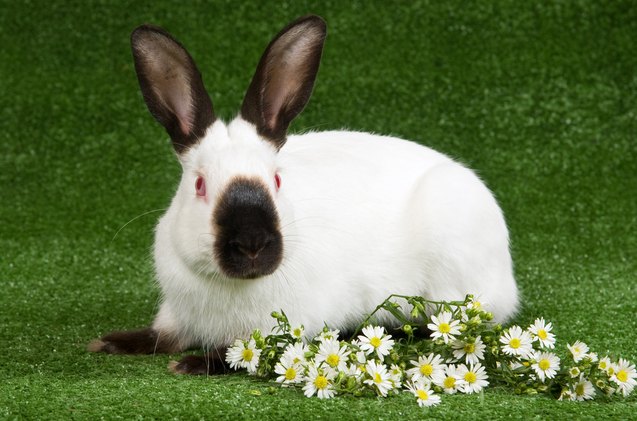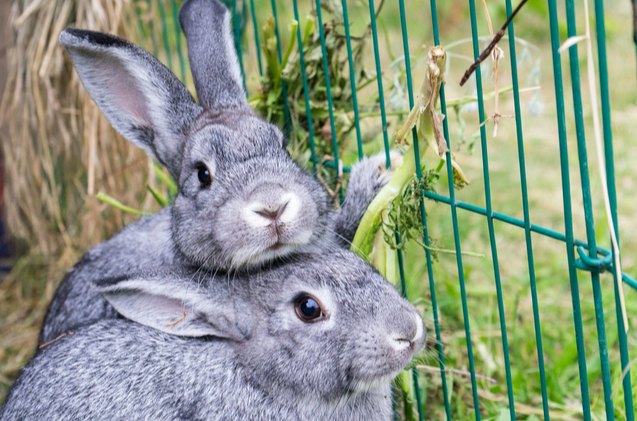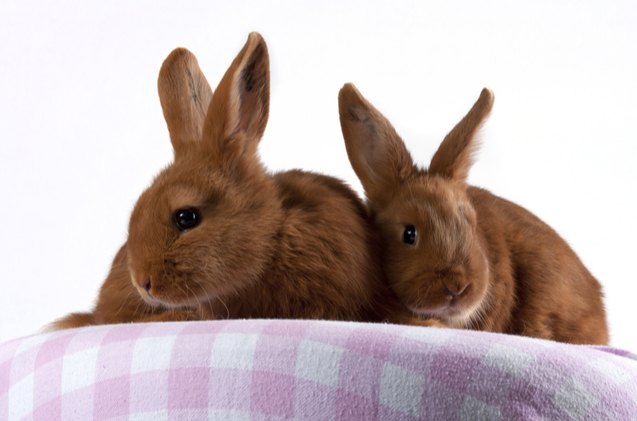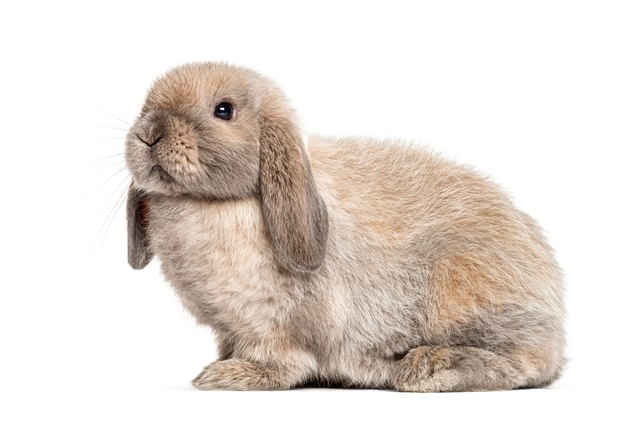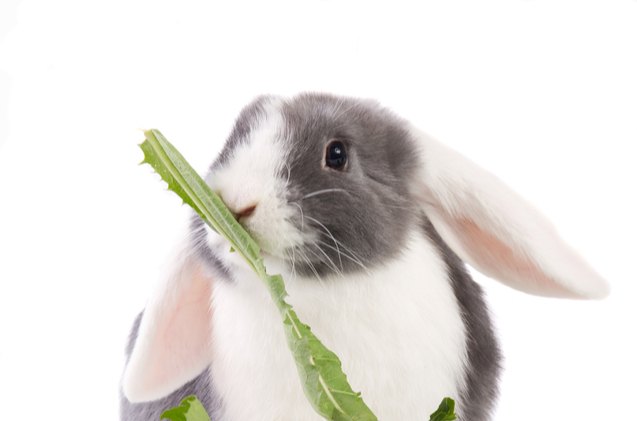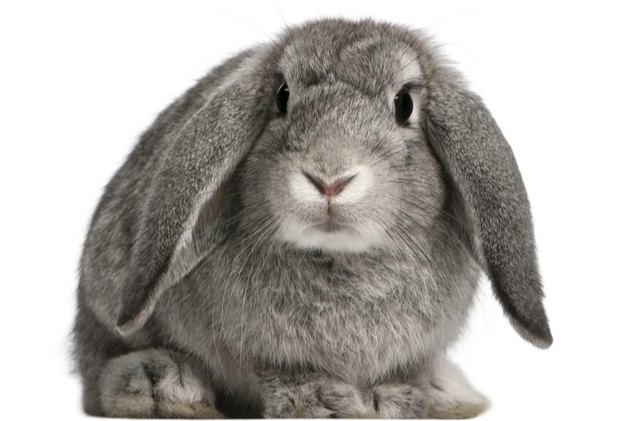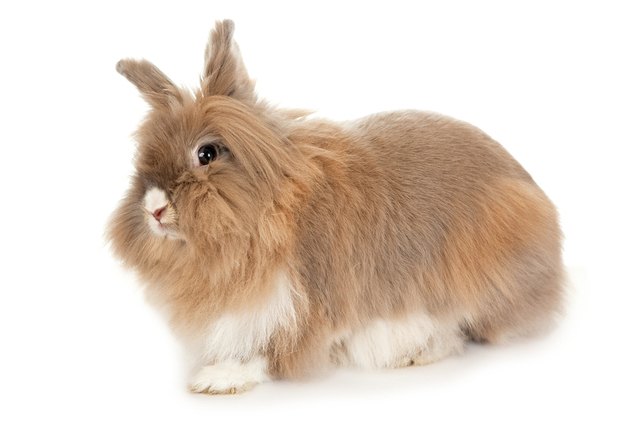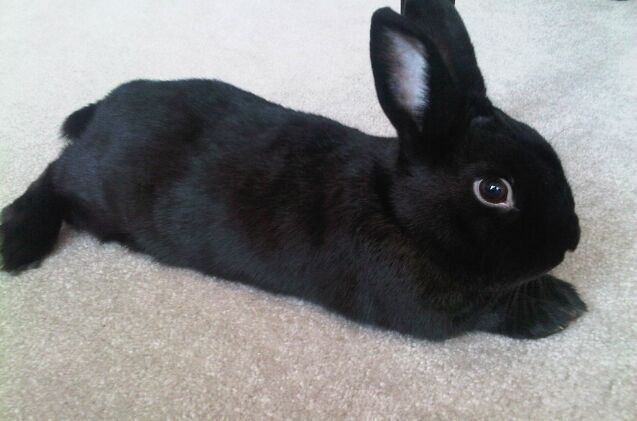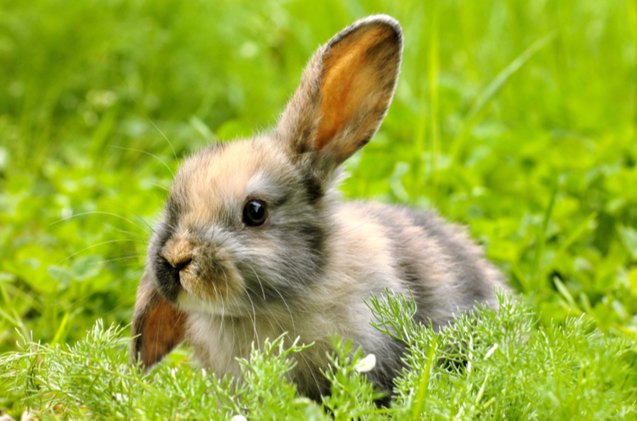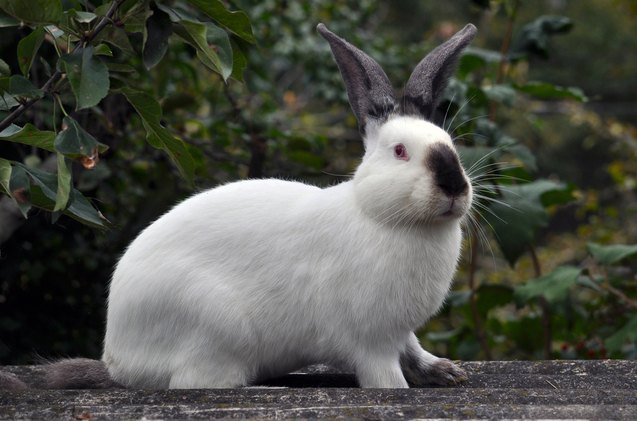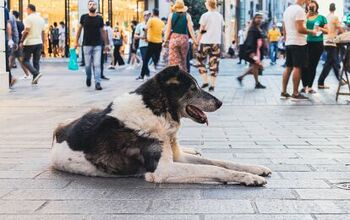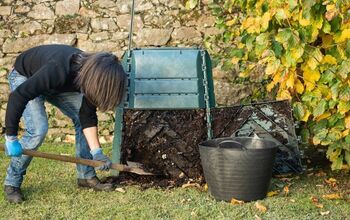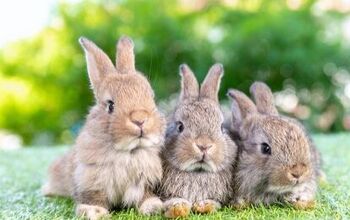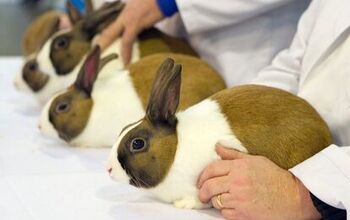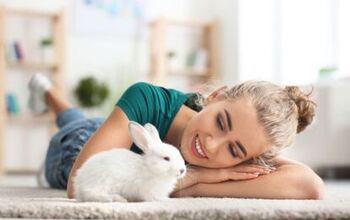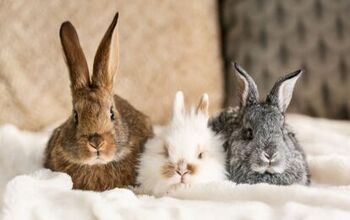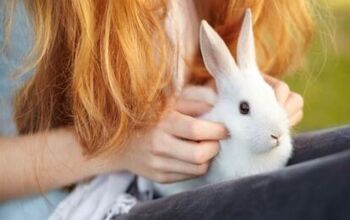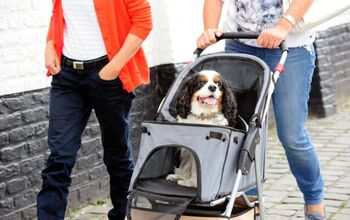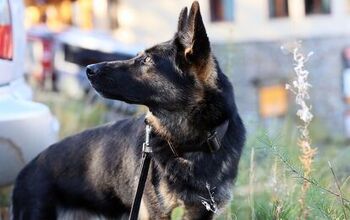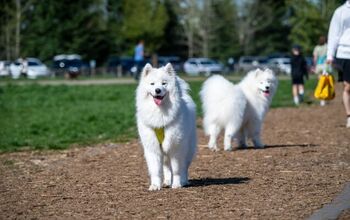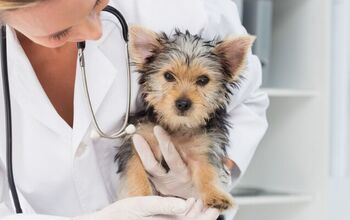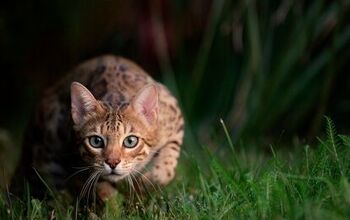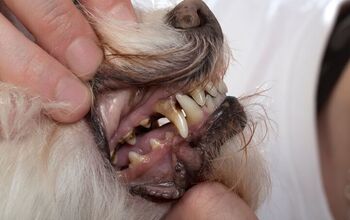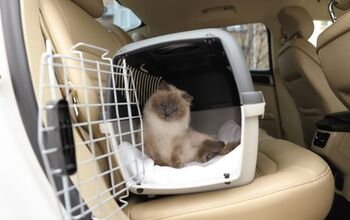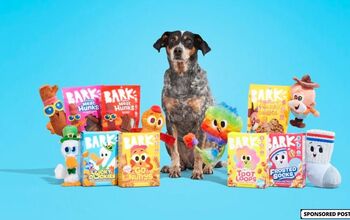10 Best Rabbits for Kids

Kids grow up so fast – before you know it, they are asking for a pet, and you might be considering that they are grown enough to accept the responsibilities that come with having a pet, in addition to cuddles and playing. A dog or a cat might seem like too much of a responsibility, or you might not be able to adopt one where you live, so you might be considering a rabbit as a first pet for your child instead. Luckily, rabbits make wonderful pets for kids, and some breeds are particularly suited for the role of a child’s companion. Gentle, affectionate, playful, and friendly, these rabbit breeds make the perfect pets for kids!
#1 Himalayan Rabbit
Widely considered one of the calmest rabbit breeds around, Himalayan rabbits are not only docile but sweet and playful as well. They’ll enjoy cuddles with your young ones and won’t be likely to nip them if they are being handled. Their curious nature makes them eager to play with toys and interact with kids, so your children will have a fun way to bond with their new pet. A medium-sized breed, the Himalayan rabbit weighs 2.5 to 4.5 pounds on average and is distinct for their markings – dark ears, socks (front and hind legs), tail, and a big dark spot on their nose.
#2 Chinchilla Rabbit
Omen est nomen in the case of the Chinchilla rabbits, that’s for sure – these fluffy bunnies look exactly like a rabbit version of a cute Chinchilla! Their silky gray coat is not the only trait these rabbits are praised for, as they also have fantastic personalities: sweet, friendly, and infinitely curious, they’ll make a lovely friend and playmate for any child. No one can resist stroking their soft fur, so it’s all the better that these bunnies love cuddles and don’t mind being handled. With their average weight being 5 to 7 pounds, this is also a medium-sized breed that will easily adapt to most environments.
#3 Thrianta Rabbit
Who doesn’t love a ginger? Best known for their fiery red fur, Thrianta rabbits are both cute and gentle, and have a sweet, docile disposition that makes them excellent with children. Weighing 4 to 6 pounds on average, they are small enough for a kid to cuddle and pick up but not too small to be delicate and easily hurt. They will enjoy interaction with their families, whether it’s quality playtime with toys or a session of cuddles and petting, and will make great friends for years to come.
#4 Mini Lop Rabbit
Easily recognizable thanks to their floppy ears and adorable teddy bear looks, Mini Lop rabbits often top the charts of best rabbits for kids and pets in general – and with good reason. Cute and cuddly, these bunnies are very affectionate and will love getting cuddles from the kids any time of the day. Their gentle and docile personality doesn’t mean that they’re boring, though – these are smart and playful rabbits that will keep your kids engaged in playtime for hours on end. A medium-sized breed, Mini Lop rabbits weigh 4.5 to 6 pounds on average.
#5 Holland Lop Rabbit
Also known as Dutch Lop rabbits, these bunnies sport the irresistible dwarf look, complete with long floppy ears that make them even cuter. Friendly and affectionate, they are considered to be a tame breed that does well with children and doesn’t get moody or irritated when handled. In fact, they’ll quite enjoy some quality cuddle time! At first, they can be a bit shy, but with love and patience, they’ll warm up to you in no time. As a dwarf breed, Holland Lop rabbits are quite petite and need to be handled with care – they weigh 2 to 4 pounds.
#6 French Lop Rabbit
Calm, docile, and floppy-eared, the French Lop rabbit is the bigger version of other lop varieties – weighing 10 to 15 pounds on average, it falls into the category of giant rabbits. This is great if you are leaning towards bigger bunnies, whether because you have plenty of space and prefer larger rabbit breeds, or because you are worried your young child could mishandle a tiny bunny without supervision. They are sweet, affectionate, and playful, and will make a great pet for a family of any size, provided you can offer them plenty of space to roam around.
#7 Lionhead Rabbit
Tiny, adorable, and unique-looking, the Lionhead rabbit owes its name to the fluffy lion-like mane they have around their head. Needless to say, kids tend to go bananas for their cute looks (and adults too, if we’re being honest), and their temperament tends to align well with children. They are very loving and cuddly, but better yet, playful and energetic, so they’ll love interacting and playing with your children. Just have in mind that this is a dwarf breed weighing only 2.5 to 3.5 pounds on average, so they can be very fragile and need to be handled with special care.
#8 Havana Rabbit
If a playful, active bunny would make a better companion for your active child, then a Havana rabbit might be a perfect match. While not overly energetic as to be too high maintenance, Havana rabbits are vivacious and playful and will enjoy running around, playing with toys, and exploring all the ways they can get in trouble (another common trait they’ll share with your kids). They don’t mind cuddling, either, and have a sweet temperament that makes them a favorite pet with kids. They are medium-sized, weighing 4.5 to 6.5 pounds on average.
#9 Harlequin Rabbit
The unusual mixed color markings make Harlequin rabbits an eye-catching sight, but their outgoing and fun personality makes them beloved as pets around the world. Weighing 6.5 to 9.5 pounds, they are the perfect size for playing with children, which is something they’ll love to do thanks to their energetic and playful temperament. Loving and sociable, these rabbits won’t object to cuddles and petting, either. They are also very smart and can even be taught a few tricks – a perfect “project” for your kid!
#10 Californian Rabbit
A large-sized rabbit that weighs 8 to 10.5 pounds on average, the Californian rabbit is nevertheless one cuddly, loving bunny that will make an amazing companion for a kid. Gentle giants of the rabbit world, they are calm and docile and will love interacting with their owners when they are properly socialized. They do need a big enclosure and plenty of bunny-safe space to roam around, so these rabbits might not be a good choice if you live in an apartment.
Are Rabbits Good Pets for Kids?
No one can deny it – rabbits are adorable, fun, and can be very clever and playful. They do make wonderful pets for kids, as they are more than capable of building loving bonds with their owners and will enjoy quality playtime with kids. However, before you get a pet rabbit for your kid, there are a few very important factors to consider. First and foremost, it’s crucial to make sure that your child is properly educated about handling a rabbit. Kids tend to love picking up rabbits, which is a big no-no, as improper handling can quickly lead to a serious injury.
Before they are allowed to spend unsupervised time with a pet rabbit, children should know what is the proper way to play and cuddle with them to avoid any unfortunate scenarios – which, sadly, happen often when kids are not educated about the importance of proper handling.
Rabbits are prey animals and as such, they can be distrustful of handling and get afraid when picked up – prompting them to jump out or wiggle out of a child’s grasp, which can badly injure them, not to mention cause immeasurable stress. The best way for a child to interact with a rabbit is while they are on the ground; especially if they are younger. Stress out how important it is not to hold a rabbit and that they should cuddle and play with them without picking them up. This way, they can build a bond with their pet, enjoy quality time together, all without stressing out the rabbit and putting them at risk for injury.
Sometimes, this makes children lose interest in their pets – they often expect bunnies to be like toys, or as friendly and cuddly as dogs, and when that is not the case, problems can arise. This is why it’s important to forego the myth that bunnies are undemanding, inexpensive pets for kids – they are complex beings and need care and patience, and if you cannot provide it (and make sure your kid is patient and respectful as well), you should not get your kid a pet rabbit.
Pet Rabbits: What They Need and Are They Too Big of a Responsibility for a Child
Even though in some ways, a rabbit can be less demanding than a dog, they still have plenty of needs you’ll have to meet and might be too much of a responsibility for some kids (and families) to take on. Their diet is fairly straightforward – they primarily eat timothy or grass hay, with leafy veggies and pellets in smaller quantities – but they have sensitive stomachs and are prone to GI stasis. This essentially means that a rabbit’s digestive tract stops working, which can prove to be fatal as quickly as in a day, so you’ll have to make sure they get a lot of fiber through their diet and plenty of exercise to stay healthy.
This brings us to another factor – space. Contrary to popular belief, pet rabbits shouldn’t be kept in cages. Not only is it cruel, but it is also very detrimental to their overall wellbeing. Rabbits need plenty of free space to exercise and explore – the bigger the rabbit, the more space they’ll need to thrive. Most owners opt for large puppy pens as safe enclosures for indoor playing, but you’ll also have to rabbit-proof your house to make sure there are no wires, baseboards, or furniture legs they can chew on.
Rabbits will also need to be groomed even though they are avid self groomers, so expect the task of brushing a few times a week. Bunnies shed and can ingest too much hair when grooming themselves, leading to GI obstructions and health complications, so you’ll have to help minimize their hair ingestion with routine brushing. While this is an excellent way to bond with your pet, it might be considered a chore by your kid – be sure to explain to them why it’s important to brush their pet and how it’s their responsibility to provide the best possible care for their four-legged best friend.
Even though rabbits are fairly hardy pets, that doesn’t mean that they don’t get sick or don’t need regular vet checkups to stay healthy. Be prepared to seek out a veterinarian that has experience with rabbits, both for preventative exams and for emergency visits in case your bunny gets ill – some common concerns are eye and ear infections, parasites, fleas, and mites, malocclusion, and GI stasis. Additionally, you’ll want to spay or neuter your rabbit around 6 months of age, as it will greatly help with their temperament and preserve their health. When they get fixed, they are at a much lower risk for testicular or uterine cancer, and don’t get aggressive or territorial (which comes with urine marking). Rabbits that are not spayed or neutered don’t make good pets for kids – and are much likelier to develop serious diseases, which is the last thing any owner wants for their pet.
In the end, it’s important to remember that a pet rabbit is just like any other pet – they have needs, they need to be properly cared for, and they are a big responsibility. If your kid is ready to take on the responsibility of caring for another living being, they’ll be rewarded with a fun, sweet, and loving bunny companion for 5 to 12 years on average.

A proud mama to seven dogs and ten cats, Angela spends her days writing for her fellow pet parents and pampering her furballs, all of whom are rescues. When she's not gushing over her adorable cats or playing with her dogs, she can be found curled up with a good fantasy book.
More by Angela Vuckovic
